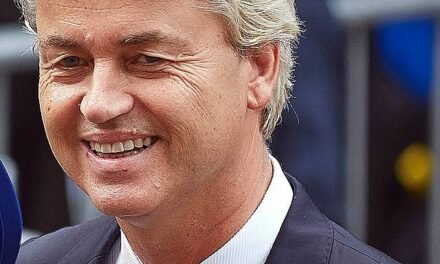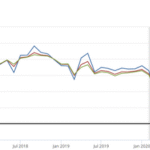In the heart of America’s most perilous workplaces, workers like fishermen and loggers face heightened risks as U.S. President Donald Trump’s budget cuts threaten to dismantle critical safety training programs. The slashing of funds at the National Institute for Occupational Safety and Health (NIOSH), reported on June 2, 2025, imperils training for 442,000 rural workers, leaving families fearful and raising European concerns about declining U.S. workplace safety standards.
The cuts, part of Trump’s drive to shrink federal spending, have gutted NIOSH’s budget, forcing safety trainers to scale back or shutter programs. In Newburyport, Massachusetts, the Fishing Partnership Support Services’ safety course, which teaches fishermen to handle emergencies like fires and leaks, faces closure by spring 2025. On May 20, 2025, fishermen practiced survival suit drills and flare use, skills that saved lives like those of Robbie Roberge, a Maine fisherman who evacuated his burning vessel, Three Girls, last August. “Without that training, we’d be gone,” Roberge said, his voice heavy with gratitude. NIOSH’s 800 job terminations, including safety trainers, have crippled such programs, with funding drops threatening 11 training centers nationwide.
Tom O’Brien, a lobster fisherman, trained alongside his brother David in Newburyport. “We risk our lives daily; this training is our lifeline,” he said. Fishing, logging, and farming, employing just a fraction of the U.S. workforce, have a fatal injury rate seven times the national average, per NIOSH data. In 2024, 570 fishermen died on the job. The cuts, overseen by Trump’s Department of Government Efficiency led by Elon Musk, aim to curb “bureaucracy” but have sparked outrage. “These aren’t desk jobs; they protect workers,” said Maine trainer Sarah Johnson.
The context is stark. Trump’s 2026 budget proposal, unveiled in April 2025, slashes $163 billion from non-defense discretionary spending, targeting health, education, and safety programs while boosting defense and border security. NIOSH, under the Centers for Disease Control and Prevention, faces a 23% funding cut, part of broader reductions affecting the National Institutes of Health ($18 billion) and CDC ($3.6 billion). Russell Vought, Trump’s budget director and a Project 2025 architect, defends the cuts as eliminating “waste.” Yet, Senator Angela Alsobrooks, a Democrat, called them “dangerous,” warning of “lives lost” in a June 1 statement.
Reactions are fierce. In coastal Maine, communities reliant on fishing fear economic and human tolls. “If training stops, accidents rise, and families suffer,” said Gloucester resident Maria Costa, whose husband fishes. Labor unions and Democrats, like Senator Patty Murray, decry the cuts as a “war on workers,” while some Republicans, like Senator Susan Collins, express concern over inadequate defense spending and low-income program cuts. Posts on X reflect public anger, with users labeling the cuts a “license for corporations to maim workers.” The administration’s Anna Kelly insists safety standards remain, but trainers report programs are already halting.
The implications resonate in Europe, where workplace safety is a cornerstone of labor policy. The EU’s stringent regulations contrast with the U.S. rollback, raising fears of a transatlantic race to the bottom. European firms operating in the U.S., like Dutch fishing companies, worry about liability and competitiveness. The cuts could also strain U.S.-EU trade, as safety lapses disrupt supply chains, notably seafood exports. A Brussels labor expert noted, “America’s retreat risks its global safety reputation.”
The outlook is grim. Without congressional intervention, NIOSH programs may collapse by summer 2025. Fishing communities are organizing petitions, and Democrats plan oversight hearings, but Republican control of Congress complicates reversal. Trainers like Johnson vow to seek private funding, but rural areas lack resources. For workers like O’Brien, the future is personal: “No training means I’m gambling with my life.” As America’s workers face rising dangers, Europe watches, wary of the broader cost of a policy that prioritizes cuts over safety.




















